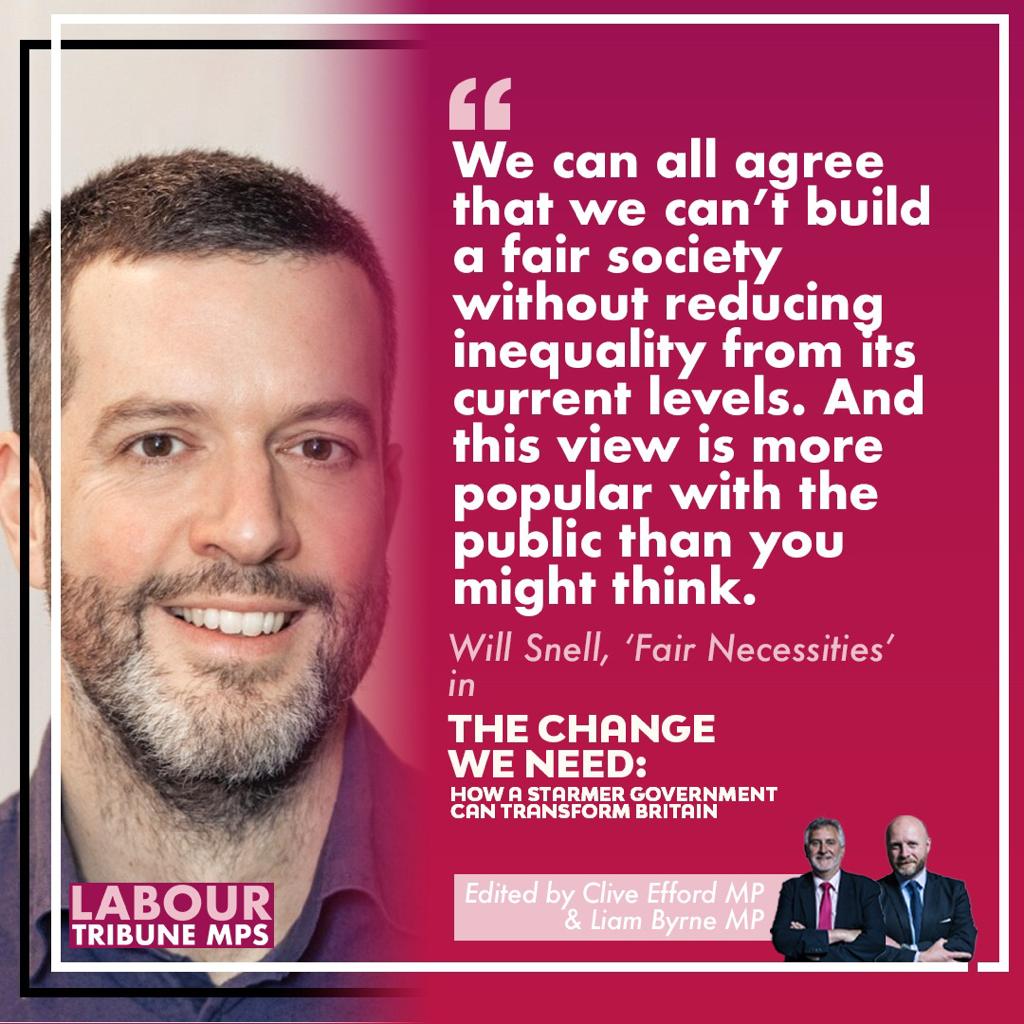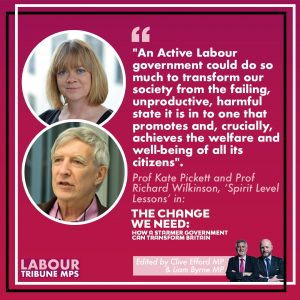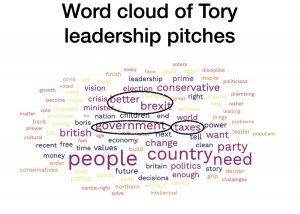Defining and Communicating Fairness Well Can Build Support for Change
Picture the scene. Aristotle, Jane Goodall and Judge Rinder meet at a party. What would they talk about? I’d put money on fairness. Aristotle would be rehashing his old argument from 330 BC that “equals should be treated equally and unequals unequally in proportion to the relevant inequalities”. Jane Goodall’s eyes would light up as she talked about research showing that capuchin monkeys in South America show an inbuilt sense of fairness. Judge Rinder would protest about exorbitant CEO pay, as he did on Good Morning Britain in August: “it doesn’t matter what your political complexion is, what the great British public care about is fairness.”
An innate sense of fairness is hardwired into us, because humans evolved by building large social groups that depend on fair co-operation and rewarding positive behaviour. Study after study shows that fairness is at the top of most people’s priorities for society. Its absence animates almost every public and political controversy, from the cost-of-living crisis and climate breakdown to Partygate and the unequal impacts of COVID. We all know what unfairness looks like. So why can’t we come together around a positive vision of fairness, and use that as a widely supported organising principle for society and the economy?
I think there are two reasons.
The first is that many people have different conceptions of fairness, so the prevailing wisdom is that fairness is too nebulous and subjective to be a useful framework. It is easy for participants in a debate about fairness to talk past each other. Some focus on fair process, others on equal outcomes, others on equal opportunities.
The second is that fairness has been used and abused to justify actual or proposed policies that are manifestly unfair – fairwashing, if you like. Austerity. The rearguard action against net zero.
But there is a latent consensus, waiting to be tapped. As More in Common argued in Britain’s Choice in 2020, “there is a consensus on the need to address inequality that transcends political divisions and reflects majority views… what is striking is how much common ground there is between those who emphasise systemic inequality and those who emphasise personal responsibility… most believe that the economy does not afford enough opportunity for those who work hard and want to get ahead… [and] integrate a belief in personal responsibility [with] the need to do more to reduce inequality.”
There is an opportunity to use this common ground as a foundation to build a vision of fairness that attracts broad-based popular support. There’s no denying that fairness is a multifaceted concept. But that doesn’t mean it is impossible to define.
Last November, we published The Fair Necessities, which proposes a five-pointed definition of fairness:
- Fair essentials – Everyone should have their basic needs met so no-one lives in poverty, and everyone can play a constructive role in society
- Fair opportunities – Barriers that prevent people from having equal opportunities should be removed so everyone has a decent chance to succeed in life
- Fair rewards – Everyone’s hard work should be rewarded on the basis of their contribution to our society and economy
- Fair exchange – Everyone should contribute to society by paying the taxes they owe, and should be supported by society when they need it
- Fair treatment – Everyone should be treated according to need, and should enjoy equal respect and influence on decisions made in their name
These five principles are complementary; they aren’t mutually exclusive. They are popular, attracting support across political and demographic lines in polling we carried out in April. Underlying all of them is the notion that substantial levels of inequality are unfair. Unequal outcomes are only fair if there are equal opportunities, but very unequal outcomes in one generation lead inexorably to unequal opportunities in the next.
We can all agree that we can’t build a fair society without reducing inequality from its current levels. And this view is more popular with the public than you might think. Our polling in April found 83 per cent agreeing with the need to reduce inequality to support fairer opportunities. Even Conservative voters prefer reducing inequality to letting the market dictate outcomes – by a factor of more than two to one. But perhaps this is unsurprising. Fairness is a necessary condition to enable people to enjoy opportunities, to develop their capabilities, to exercise agency and personal responsibility. And the viscerally unequal impacts of the pandemic have made the absence of fairness obvious to everyone.
In October we will publish the UK’s first ever Fairness Index, to paint a more detailed picture of how (un)fair society is now, and to suggest practical solutions to build a fairer country. The Fairness Index will show that wealth inequality is at the root of unfairness, for three reasons.
Firstly, its severity. Wealth inequality is twice as high as income inequality. The richest fifth of the population own 63% of the country’s wealth; the poorest fifth own 0.6%. Men have 40% more wealth than women. White households are four times more likely to have more than £500,000 in wealth than black African households.
Secondly, its causes. Most increases in wealth over recent decades have been ‘passive’ (driven by increases in the asset values of existing wealth) rather than ‘active’ (due to saving or other activities suggesting the application of talent through hard work). Inheritances play an increasingly important role in determining life chances and outcomes.
Thirdly, its consequences. Wealth inequality is a barrier to the achievement of all five of the ‘fair necessities’:
- It allows poverty to reach unacceptable levels, undermining fair essentials.
- It leads to educational and job market inequalities, undermining fair opportunities.
- It undervalues many forms of work, undermining the social contract and fair rewards.
- If not properly taxed, it weakens public services, undermining fair exchange.
- It leads to egregious inequalities across class, racial, gender, regional and generational divides across every aspect of our society and economy – from democracy and the environment to health and criminal justice – undermining fair treatment.
The Fairness Index will highlight three priorities for building a fairer society, all based on the principle of fixing the broken markets that entrench wealth inequalities:
- Making jobs better (including action on low wages, job security and conditions, equal pay and opportunities, worker representation, and support for those unable to work)
- Making the essentials affordable (including housing and childcare as well as energy)
- Taxing wealth better (including reforms to council tax, inheritance tax, tax reliefs and anti-avoidance measures as well as taxing income from wealth like income from work)
Addressing these market failures can help to repair the damage done to the social contract, to prosperity and growth, to public services, to health and wellbeing, to democracy and social cohesion, to our environment.
There is an opportunity to build a platform based on a shared understanding of the problems caused by excessive inequality and of some of the solutions needed to reduce it (rather than merely compensate for it). Fairness, properly defined and communicated, can help to build the broad and deep public support that is needed to bring these changes about.





